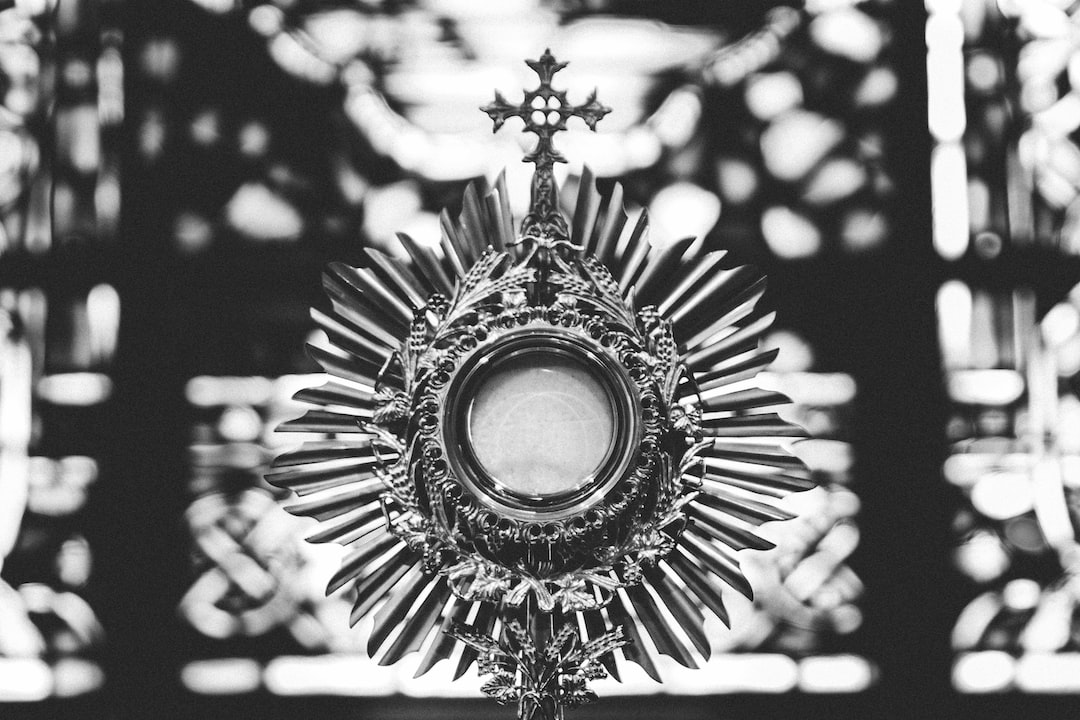Exploring the Concept of Heaven and Hell in Different Belief Systems
Throughout history, mankind has sought to understand the afterlife. The concept of heaven and hell, or a similar duality of realms, can be found in various belief systems around the world. These contrasting destinations have shaped religious and spiritual narratives, offering profound insight into the human understanding of morality, justice, and the nature of existence beyond the earthly realm. In this blog post, we will delve into the fascinating concept of heaven and hell in different belief systems, exploring the similarities and differences along the way.
In Christianity, heaven and hell are central to the faith. Heaven is depicted as a place of eternal peace and bliss, where the righteous will be rewarded for their virtuous lives. In contrast, hell is a realm of eternal punishment and suffering for the wicked. Christianity views these destinations as fixed, permanent, and unchanging. This belief in an afterlife is not limited to Christianity alone, as many other religions have their own interpretation of these realms.
In Islam, heaven and hell, known as Jannah and Jahannam respectively, are essential components of the Islamic cosmology. Jannah is described as a luxurious paradise, filled with rivers of milk and honey, where the righteous are rewarded with bliss and eternal joy. Conversely, Jahannam is a realm of punishment where the wicked suffer in relentless agony. The concept of heaven and hell in Islam reflects the faith’s emphasis on living a righteous life and following the teachings of the Quran.
In Hinduism, the concept of heaven and hell is more fluid and interconnected with the cycle of rebirth and karma. Hinduism believes in a continuous cycle of life, death, and rebirth, known as samsara. Naraka, the Hindu equivalent of hell, is a temporary realm where souls undergo punishment based on their past actions. Likewise, Swarga, the equivalent of heaven, is a pleasurable realm where souls enjoy the fruits of their virtuous deeds. One’s actions, or karma, determine their destiny in the cycle of rebirth and the realms they will experience.
Buddhism, another major religion, envisions the concept of heaven and hell in a slightly different manner. Buddhists believe in the existence of various realms or states of existence but do not consider heaven and hell as permanent destinations. These realms are seen as reflecting different levels of awareness and consciousness. The state of mind, rather than external factors, determines one’s experience of heaven or hell.
Beyond these major religions, many indigenous belief systems also hold their own conceptions of heaven and hell. For instance, in some Native American traditions, the afterlife is seen as a continuation of life on Earth, with the spirits traveling to a spirit world than can include both heaven-like realms of peace and happiness and hell-like realms of punishment or torment.
It is fascinating to notice that despite the variations in belief systems, the concepts of heaven and hell often serve as moral compasses for adherents. They provide frameworks for understanding and reinforcing ethical behavior in society. These notions encourage individuals to live virtuous lives, as they believe their actions will determine their ultimate destinies.
In conclusion, exploring the concept of heaven and hell in different belief systems reveals the diverse ways in which societies have sought to understand the afterlife. While their interpretations may vary, the underlying themes of reward and punishment, justice, and morality remain constant. These concepts resonate with humanity’s innate desires for justice and the pursuit of a meaningful existence beyond this life. Whether permanent or transient, heaven and hell serve as powerful symbols of hope, salvation, and accountability across countless cultures and religions.

